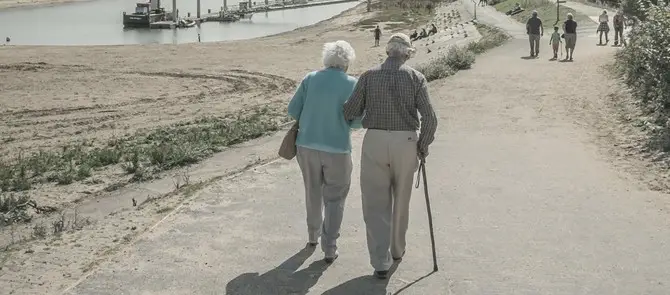Following a bereavement in a family comes the difficult reality of the legal process called probate. Here we explain exactly what this means and how it works when it comes to grant of probate.
When a person dies their property immediately passes into the hands of the executor’s. So that their property can be divided among their beneficiaries according to their wishes, the executor (or executors) of their estate must apply to the Probate Office (part of the High Court in Ireland) to take out a grant of probate so that he or she can administer the deceased’s estate.
The estate cannot be administered until the grant of probate is received from the Probate Office.
There are three common types of grant that are issued by the Probate Office:
A Grant of Probate – this is where someone has died and left a valid will, and who appointed an executor before their death.
A Grant of Letters of Administration – this is where someone has died without leaving a will (i.e. dying intestate). The grant is issued to the person or persons who were the deceased’s nearest next of kin at the date of that person’s death. The Succession Act 1965 determines who is the next of kin.
A Grant of Letters of Administration with Will Annexed – if someone dies having made a valid will and a person who is not the executor applies, the grant is issued to those entitled by law.
To take out a grant of probate, the first task that must be undertaken is to find the will of the person who has died. It can usually be located in the home of the deceased, with their solicitor or with another family member – and it needs to be located as soon as possible.
The will usually specifies who the executor is and it is the duty of the executor to administer the estate of the deceased. But if an executor wasn’t appointed, or the executor died before the deceased, then the estate will need to be administered by an administrator – usually the person who inherits the remainder of the estate once the gifts under the will have been distributed.
As you might expect, to obtain a grant of probate a death certificate is necessary.
The executor can then decide whether or not he or she wishes to use a solicitor to help with the administration of the estate and to prove the will, or whether to do this without a solicitor. The more straightforward a will and the smaller an estate, the easier this is. Appointing a solicitor adds costs, but can prove easier in the long run.
To take out a grant without a solicitor, the executor must apply to the Personal Applications Section of the Probate Office, located at the Four Courts in Dublin. The executor then has sole responsibility for the distribution of the estate and the completion of all the relevant legal documents.
A solicitor is needed in certain cases – such as where the person entitled to apply is a minor (under 18 years of age), where there are issues about the validity of a will, where the original will has been lost, where there are issues among the next of kin relating to the estate or where someone has died intestate outside the Republic of Ireland but leaves assets in that jurisdiction.
The executor must ascertain the deceased’s assets and liabilities – which will include everything from the costs of the funeral, to all monies in bank accounts, outstanding bills and more. (Property in joint accounts doesn’t apply as joint ownership automatically passes to the survivor.)
The executor then makes a return to the Revenue Commissioners, accompanied by a Probate Tax Return. This is a sworn statement so it needs to be filled in carefully and honestly.
The final step is to apply to the Probate Office for a grant of probate, which then means the executor can administer the will.
Finders International specialises in the location of missing wills. For more information, contact our offices on +353 (0)1 691 7252.


